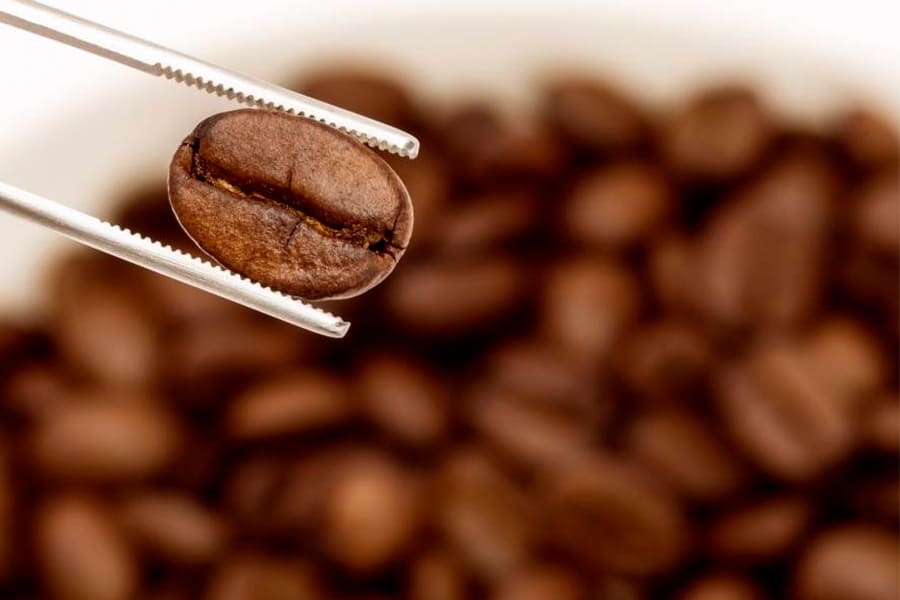We introduce you to specialty coffees.
What is specialty coffee?
Specialty Coffee differs from other coffees because of the care and attention that has been given to its cultivation.
Care from the farm to processing and storage, this coffee has been grown at the perfect altitude, at the right time of year, in the best soil, and then hand-picked at just the right time.
All this translates into one of the most aromatic and flavoursome coffees in the world.
Speciality coffee conditions
For a coffee to be considered 'specialty coffee' it must meet several requirements. These are mainly the following:
It must contain only coffee beans of the speciality Coffea Arabica.
The coffee beans must not have any category 1 defects: black beans, sour or vinegar beans, dried cherry, fungus, foreign matter and severely bruised beans.
A maximum of 5 category 2 defects are allowed: split, unripe, shrivelled, wrinkled, floating, shelled, parchment, husked or pulped, crystallised, discoloured or mottled, flattened, or spongy coffee beans.
The sample to obtain these defects must be 350 grams.
It must have a score of more than 80 out of 100 points in an international coffee quality assessment system.
This score is awarded by a "Q grader" or certified taster, based on the quality standards of the SCA (Specialty Coffee Association).
When specialty coffee is graded, the light level on the table should be broad spectrum and at least 4000 Kelvin (K)/1200 Lux (lx)/120 foot-candles (fc).
The sorting of the speciality coffee must be done on a table of at least 0,6096 m2 on a black sorting mat of at least the same size.
Coffee beans must have a moisture content of less than 0.70aw.
How is speciality coffee made?
In order to obtain specialty coffee, coffee trees must be grown under more stringent and rigorous conditions.
The farmer must consider each process from the beginning, with the choice of seed to be planted.
The ideal location is at high altitudes, in humid places with stable temperatures. Countries close to the equator are the most suitable.
Sun and shade conditions must be monitored to ensure that they are the most suitable for the healthy growth of the coffee tree, as well as soil nutrition, weed eradication and the prevention and detection of diseases, fungi and pests.
They should also rejuvenate the coffee trees every 5 or 6 years, as after 7 years of age, the plant's production decreases considerably.
It is then harvested by hand and only the ripe cherries are picked, leaving the green cherries on the tree to continue ripening so that they can be harvested later.
After drying, the best quality grains are re-selected. The moisture content must be monitored to ensure that it is appropriate and then stored in a suitable manner.
Speciality coffee differs from other coffees because of the care and attention given to its cultivation.
Information must be on the label of speciality coffee
It should mainly contain the most important data concerning where and how it was grown and its roasting process.
It usually appears on the package:
- Origin: country and region
- Producer: farm, cooperative or farmer
- Bean variety (Arabica coffee sub-variety)
- Height
- The process of profit-making
- Roasting notes
- Date of roasting
And you, have you already tried our speciality coffee? Once you start, there's no turning back!




